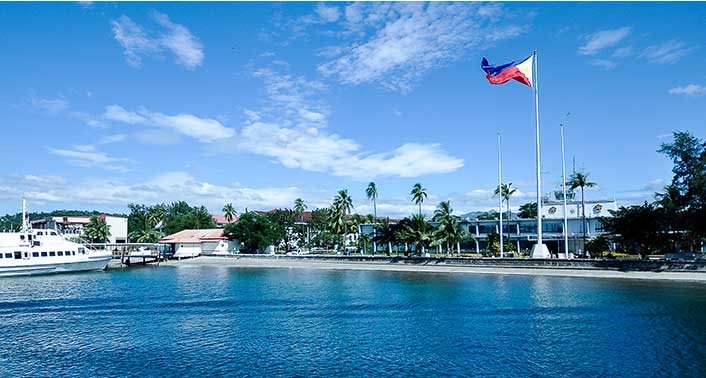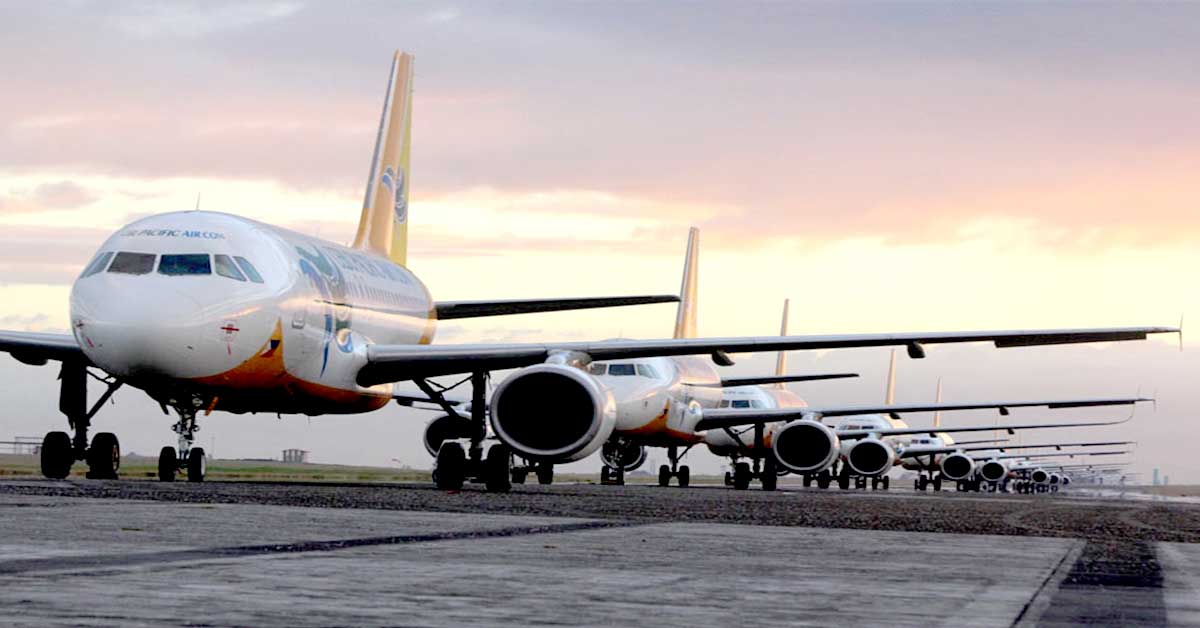Zambales community models international reforestation tack
Posted 6 years ago
San Fernando, Pampanga?A registered upland community farmer organization based in Zambales has now become a model for implementing a new international reforestation program promoted by member countries of the Association of Southeast Asian Nations.
The Malatapi Community Livelihood Center Inc., based in Candelaria, Zambales, has so far reforested 60 out of the 1,400 hectares assigned to them to improve the ecosystem of the province.
The community-based farmer organization registered with the Securities and Exchange Commission since 1997 is the partner of the Department of Environment and Natural Resouces under its Community-Based Forest Management Program in the region.
The program, which is promoted by the Asean-Republic of Korea Forest Organization, aims to fast-track the reforestation of degraded forest lands and watersheds with less cost to the government.
Paquito Moreno Jr., executive director of the DENR in Central Luzon, said the organization used a new method called Assisted Natural Regeneration program.
Under the ANR, Moreno said about 35 upland farmers will find surviving trees species and seedlings, including wildlings. Once located, they uproot grass around the trees combined with grass pressing by foot to clean the surrounding of the trees of weeds.
According to the regional executive director, the farmers also protect tree species from grass fire by establishing fire-lines or fire breaks to ensure their survival.
Another protective measures being implemented by the farmers is the construction of the lookout tower for regular monitoring against any form of forest disturbance.
“We find this method very effective as we have already reforested a wide area under the CBFMP,” Moreno said.
The success of the four-year program started in 2016 was lauded by 16 international delegates from AFOCO who visited the project recently.
During their visit, the delegates who come from Singapore, Brunei, South Korea and Indonesia were very impressed on the successful implementation of the program in the country, he added.
They held an on-the-spot exchange of ideas on the implementation of the project like best technology, practice, experience and forest management, Moreno said.
Arthur Salazar, DENR assistant director in Region 11, said ANR is a cost-efficient technology of rehabilitating degraded forestland, shrubs and vegetation by protecting and nurturing the trees growing in the area.
Before the implementation of the program, MCLCI members underwent training on ANC application like forest development, landscape restoration, and vulnerability assessment, Salazar said.
The new method is also being implemented in the other Asean member countries, including Singapore, Brunei, and Indonesia.
Source: manilastandard.net

































Loading Comment